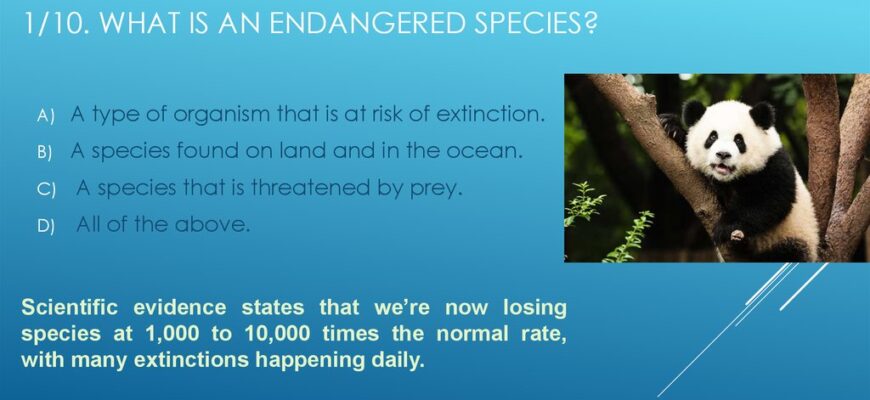The beautiful game, as it`s often called, is undergoing a profound transformation. While the roar of the crowd and the thrill of a last-minute goal remain, the mechanisms behind the scenes are evolving at a relentless pace. At the heart of a football club`s success, beyond the manager and the star players, sits a figure once seen as the quintessential architect: the Sporting Director. But in an era dominated by foreign investment, big data, and a corporate approach to club management, is this traditional role slowly becoming a relic of the past?
- The Old Guard: A Romanticized Vision
- The New Conquerors: Foreign Ownership and Corporate Efficiency
- The Data Deluge: Spreadsheets Over Scrimmages
- The Managerial Metamorphosis: From Tactician to Strategist
- Youth Development: A Timeless Value, A Modern Approach
- The Future: Manager, Consultant, or Dinosaur?
The Old Guard: A Romanticized Vision
For decades, the Sporting Director was the linchpin of a football club. They were the eyes and ears on the ground, the chief scout, the negotiator, and the trusted confidant of both the coach and the president. Their expertise was born from years of watching matches, understanding player personalities, and building a vast network of contacts. They `knew` football, often through intuition as much as analysis. The role was deeply ingrained in the club`s identity, a custodian of its sporting philosophy, often shaping the squad with a vision that transcended mere statistics.
The New Conquerors: Foreign Ownership and Corporate Efficiency
The influx of foreign ownership, particularly in Europe`s top leagues, has ushered in a different philosophy. These new proprietors, often business magnates from diverse industries, bring with them a demand for efficiency, transparency, and quantifiable results. Sentiment, once a powerful currency in football, has been largely replaced by strategy and structure. The focus shifts from the individual`s “gut feeling” to a collective, data-driven decision-making process. For many clubs, particularly those with substantial international backing, the traditional Sporting Director — the one-man band shaping the entire squad — no longer fits this corporate template.
The Data Deluge: Spreadsheets Over Scrimmages
Perhaps the most significant disruptor is the rise of data analytics. Player recruitment, once a meticulous process of scouting reports and personal observations, is now heavily influenced by algorithms and predictive models. Teams analyze everything from passing accuracy and defensive duels to off-ball movement and psychological profiles. This isn`t to say human scouting is dead; rather, it’s integrated into a much larger, more scientific ecosystem. The irony is palpable: the raw, passionate game on the pitch is increasingly built in boardrooms filled with statistical spreadsheets. An experienced executive in this evolving landscape recently noted, “The market is almost exclusively done with data now.” This shift demands that football executives become less talent-spotters and more data interpreters, understanding how to leverage vast information to gain a competitive edge.
The Managerial Metamorphosis: From Tactician to Strategist
The pressure on Sporting Directors to adapt is immense. Many are finding their traditional responsibilities being fragmented or absorbed into broader `football operations` departments. Instead of solely building a team, they are now expected to be more akin to a modern corporate manager: overseeing multiple departments, managing budgets, and aligning sporting decisions with overarching club objectives. The role is becoming less about direct operational control and more about strategic oversight, acting as a “sports consultant” to the ownership, translating complex footballing needs into tangible business outcomes. Those who cling to the classic model, especially in clubs embracing modern structures, risk being left behind.
Youth Development: A Timeless Value, A Modern Approach
Even in areas where the human touch remains paramount, like youth development, methodologies are evolving. The goal is no longer just to produce players for the first team, but to cultivate assets with significant market value. This requires a sophisticated approach, combining traditional coaching with advanced sports science and data tracking for young talents. Scouting for these future stars now involves exploring federations in developing countries, leveraging innovative funding models, and integrating advanced scouting techniques. It`s about building a robust player pathway, not just for the immediate benefit of the senior squad, but as a sustainable model for growth and revenue generation.
The Future: Manager, Consultant, or Dinosaur?
So, what does the future hold for the Sporting Director? It’s unlikely the role will vanish entirely, but its form is undeniably changing. The romanticized figure who single-handedly shaped a club`s destiny might indeed be an endangered species. What is emerging is a more hybrid role: a strategic manager who can seamlessly bridge the gap between footballing insight and corporate strategy, someone who understands the nuanced interplay of human talent and technological analysis. The most successful executives will be those who embrace continuous learning, travel extensively, and integrate innovative models into their operations. The football world waits to see who adapts, who innovates, and who, perhaps, becomes a fascinating footnote in the sport`s ever-unfolding history.









